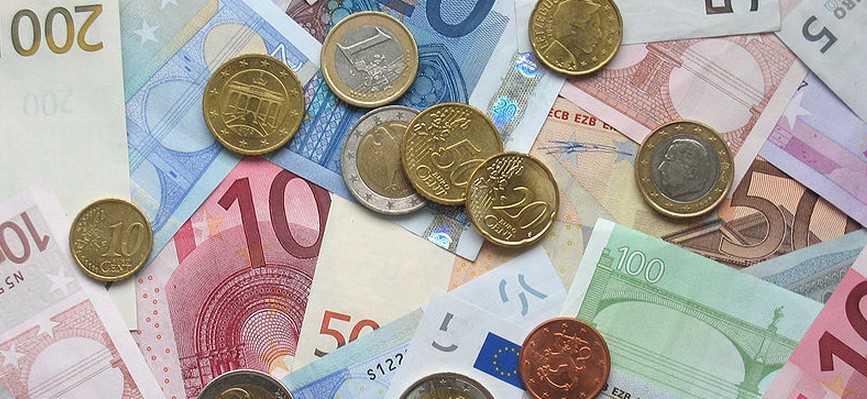Euro effect for exports? Report

A recent paper by the CNR Research Institute on Sustainable Economic Growth and the Roma Tre University, published in the Italian Economic Journal, highlights how the introduction of the single European currency has benefited sectors such as base metals, electrical equipment in particular and optical and land transport services. Among the few exports that have had a negative impact, chemicals, agriculture and food
What impact has the introduction of the euro had on Italian exports? What would have happened if Italy had not joined the Monetary Economic Union (EMU)?
These questions inspired the study conducted by the Research Institute on Sustainable Economic Growth of the National Research Council (Cnr-IRCrES) together with the University of Roma Tre, published in the Italian Economic Journal. The study analyzed the trend of Italian exports to EMU and non-EMU countries from 1995 to 2012, verifying that the euro almost always has a positive trade balance.
It is the first time that in Italy an analysis of commercial policy evaluation has been carried out with the Synthetic control method (Scm), a statistical tool still little used in the economic-financial field. Specifically, this method made it possible to estimate what happened to Italy, with respect to a control group, from the moment it received the "treatment", or rather from the introduction of the single European currency. The researchers also chose to investigate not the gross trade flow of exports, but the economic value added by Italy to exported finished and intermediate products within the global value chain (Gvc), the result of the different phases. of the production of a good, for example the increase of trade and international trade
“The traditional trade in goods ready for the consumer has been joined for some time by a new trade in intermediate goods”, explain Luca Salvatici and Silvia Nenci, researchers from the University of Roma Tre. "The study we conducted evaluated the net value of these exports as a function of time, obtaining a more precise measure of the degree of involvement of our economy in Gvc".
“The results first show that the single currency has positively influenced the added value of Italian exports, hence the Italian participation in the global chain. In the reference period, exports increased to the EMU and non-EMU countries considered by the study (28 countries including Germany, France, United Kingdom, United States of America, China and Japan) ", continue Giovanni Cerulli and Antonio Zinilli , researchers from Cnr-IRCrES. "This happens regardless of the specialization of Italian trade, involving sectors in which Italy has always enjoyed comparative advantages, for example base metals, but also areas where these advantages have never been evident, for example electrical equipment and optics and land transport services. The same heterogeneity also applies to the few exports that have had a negative impact since the introduction of the euro, such as chemicals and coal, which have always suffered from a comparative disadvantage ”.
However, the adoption of the euro has slowed down, especially in the first years after joining the EMU, sectors such as agriculture and food. "These different types of trends, called forwards and backwards, analyzed together suggest that the introduction of the euro has provided a clear boost to the Italian role as an input supplier for the 'Fabbrica Europa', on the other hand reducing the dependence of Italian exports from foreign impulses ”, conclude the authors of the study. “A possible explanation could lie in the direct investments of companies in local production, favored by the single currency with respect to the importation of the goods necessary for their subsequent exports”.
This is a machine translation from Italian language of a post published on Start Magazine at the URL https://www.startmag.it/economia/euro-esportazioni-italia-impatto-positivo/ on Sat, 14 Aug 2021 06:35:25 +0000.
